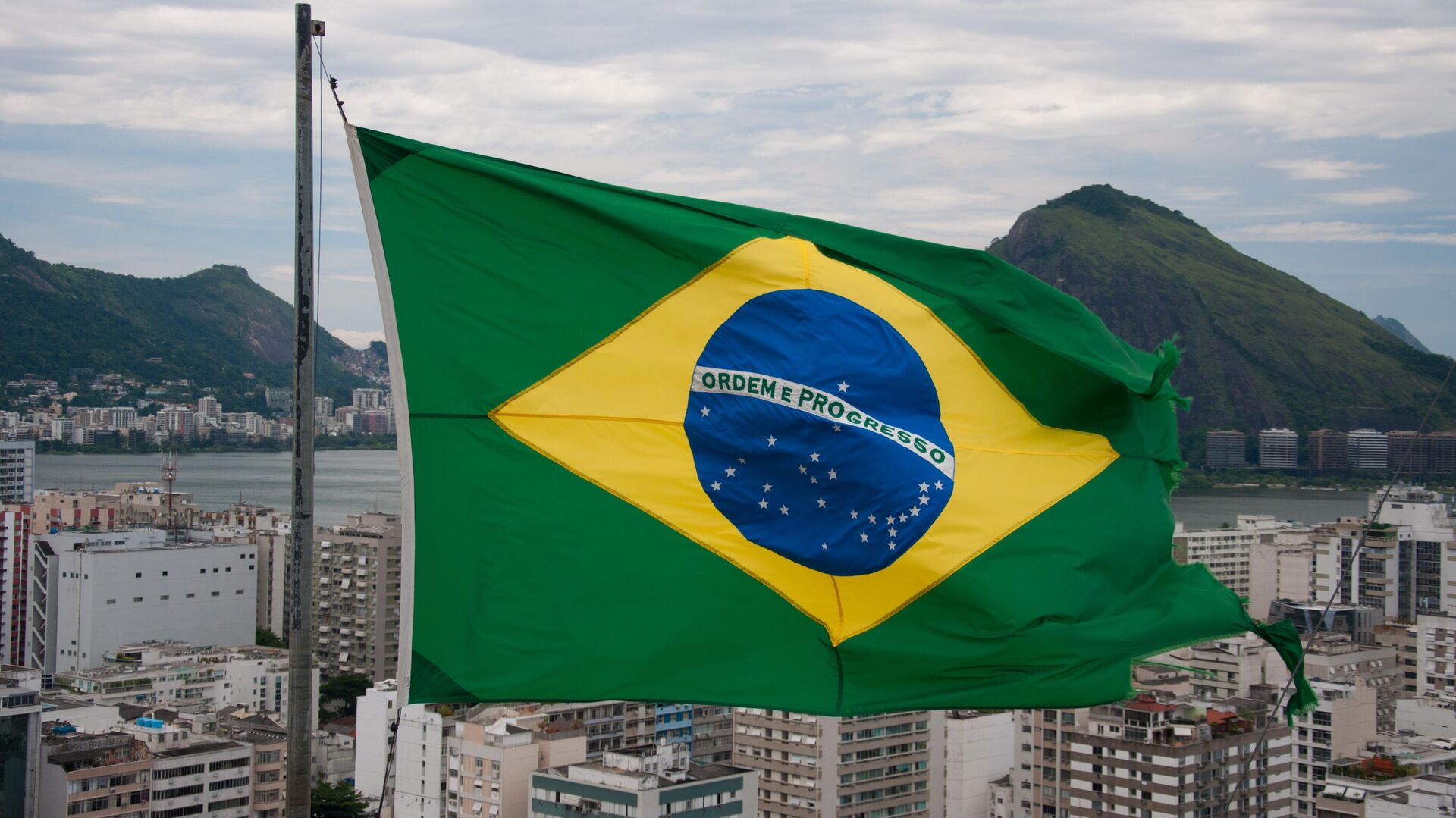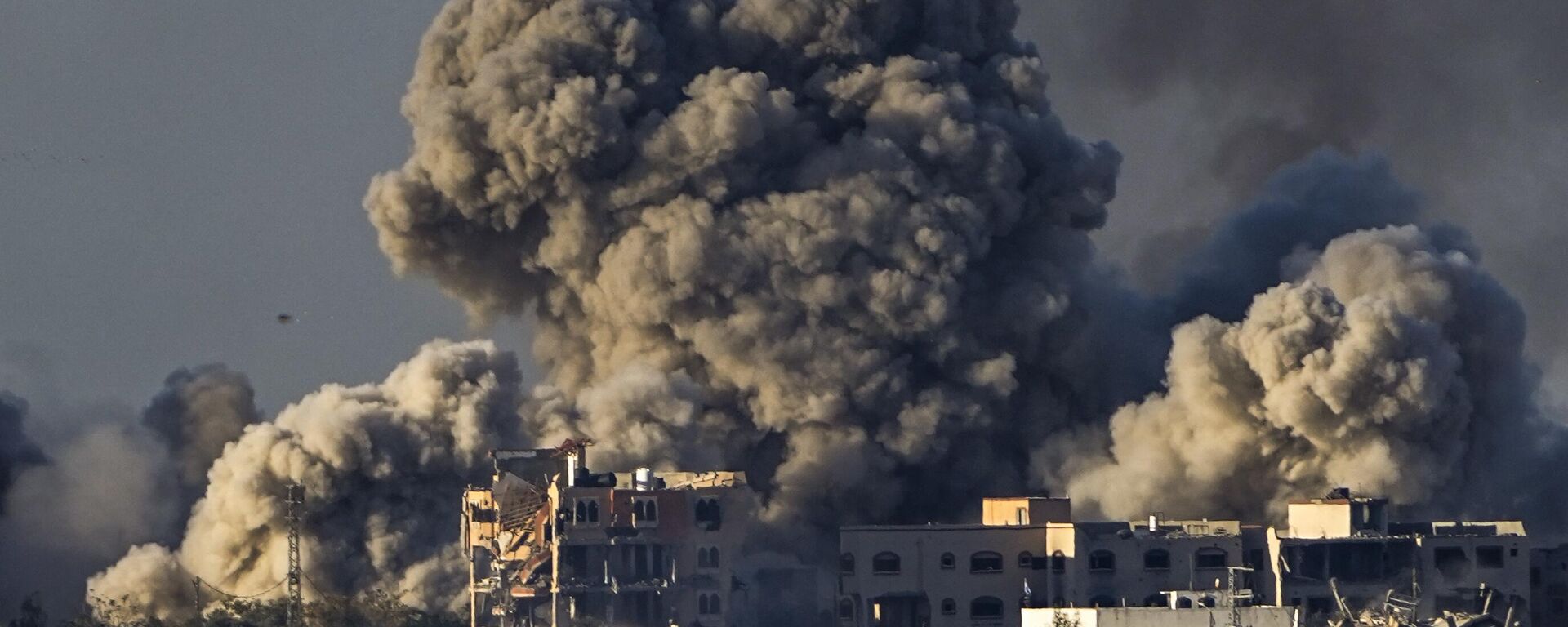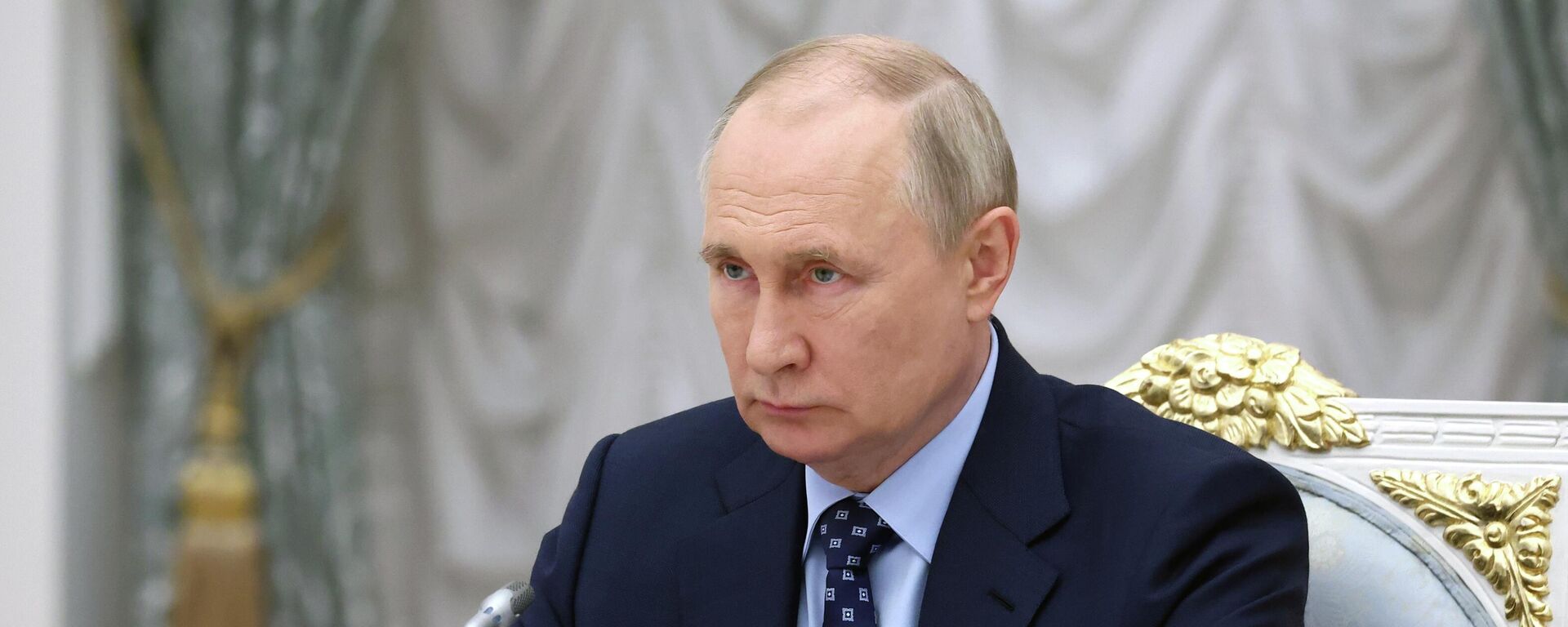Ukraine, Taiwan, Yemen, Gaza & Ecuador: How Brazil Could Survive in Turbulent World, Experts Explain
12:40 13.01.2024 (Updated: 12:46 13.01.2024)
Subscribe
The winter of 2023-2024 witnessed the exacerbation of the instability in the world. In addition to the ongoing Ukrainian and the Israeli-Palestinian conflicts, Yemen was subjected to US-British airstrikes, while Ecuador faced with its own destabilizing challenges.
Although the Taiwan, Palestinian and Ukrainian crises are extremely important, Brazil will pay special attention to the problems in its own region, including the Guyana–Venezuela territorial dispute in the Essequibo region and the conflict in Ecuador, a researcher at the Brazilian Center for studies of foreign policy actors and agendas (NEAAPE), Eduardo Morrot told Sputnik.
"Ukraine, Palestine and Taiwan are conflicts that oppose major world powers, and therefore are fundamental to global geopolitics. But in the Brazilian case, we have to add the specific look at regional issues," Morrot said, adding: "Recently we had to deal with the Essequibo case [in a region between Venezuela and Guyana], and now we have the conflict in Ecuador, linked to drug trafficking – an international problem of paramount importance."
Brazil's withdrawal from the UN Security Council, where it was represented as a non-permanent member in 2023, should not diminish its ability to influence international affairs, the researcher noted.
"Brazil maintains its network of embassies and still has some trump cards up its sleeve, such as the presidency of the G20 – which will bring representatives of the world's major economies to Brazil throughout 2024," Morrot said.
According to him, Brazil's leadership on the environmental agenda must also ensure the influence of the country, which will host the 30th Conference of the Parties to the United Nations Framework Convention on Climate Change (COP 30) in the country's city of Belem in 2025.
"We still have a very important role of presidential diplomacy. [Brazilian President Luiz Inacio Lula da Silva] is well known internationally and has a ballast of international relations that allows him to have a capacity for dialogue and an immeasurable demand," the expert noted, adding: "This gives Brazil space and influence, even outside the Security Council."
The escalation of international tensions and the involvement of new actors in military conflicts should strengthen the Brazilian agenda of mediation and defense of the peaceful resolution of disputes, the analyst highlighted.
"Brazil has specific reasons to be an actor in the search for regional peace. Of course, peace is by definition a value to be defended, but Brazilian diplomacy has pragmatic interests in maintaining peace. We have very close relations with both the United States and China, which are two key trading partners for Brazil, so we have no interest in a conflict between these parties," Morrot underlined.
The importance of Brazil's economic ties with China was also emphasized by another expert, Kelly Ferreira, director of the International Relations Course at Brazil's PUC-Campinas University.
"A conflict between China and Taiwan would cause serious economic losses for Brazil, which would no longer receive resources and investments from Beijing. Even if we continue to export to China, we would need those resources, after all, our production chain is very internationalized," Ferreira stressed.
On Wednesday, The World Economic Forum published its Global Risks Report for 2024, listing the possibility of conflict between China and Taiwan as one of the most sensitive points for international peace and security. The US has already stated more than once that it would interfere in an eventual conflict on the side of Taiwan.
Like most of the world, Brazil does not recognize Taiwan's independence and considers its dispute with Beijing an internal Chinese matter. However, the Brazilian Foreign Ministry insists on the need for a peaceful solution to this Asian conflict.
"[The ministry] is making an excellent diplomatic effort to show that Brazil does not take pain from either side. We have a pragmatic relationship with Taipei that includes trade, cultural exchanges, and technology sharing," she underscored.
Morrot agreed that the conflict in Taiwan would cause significant economic damage, but said that the Brazilian government should also turn its attention to regional disputes.
"Brazil has much less influence over Taiwan and China than over Venezuela and Guyana, for example. Then the [foreign ministry] could stay out of the conflict in Asia if it wanted to. But when it comes to conflicts in South America, we are forced to take a stand," Morrot concluded.



